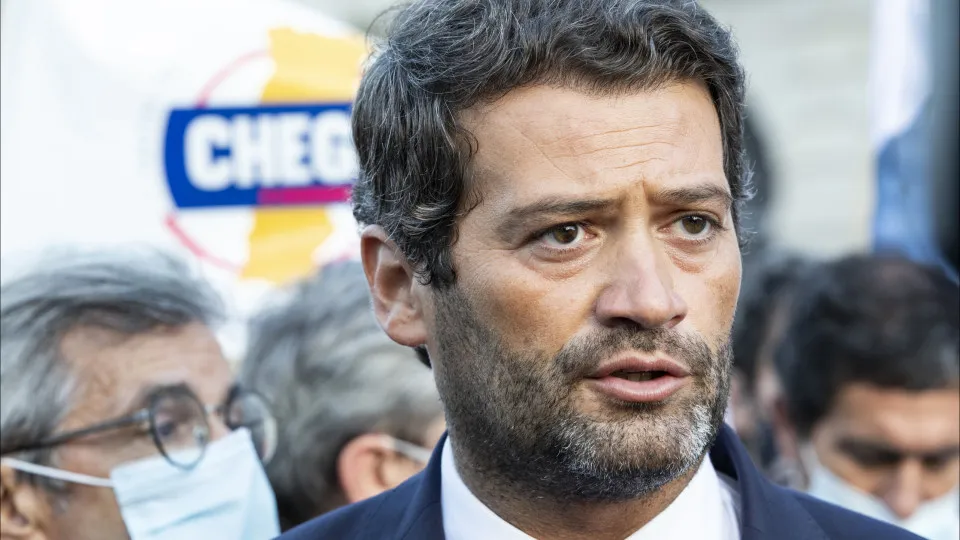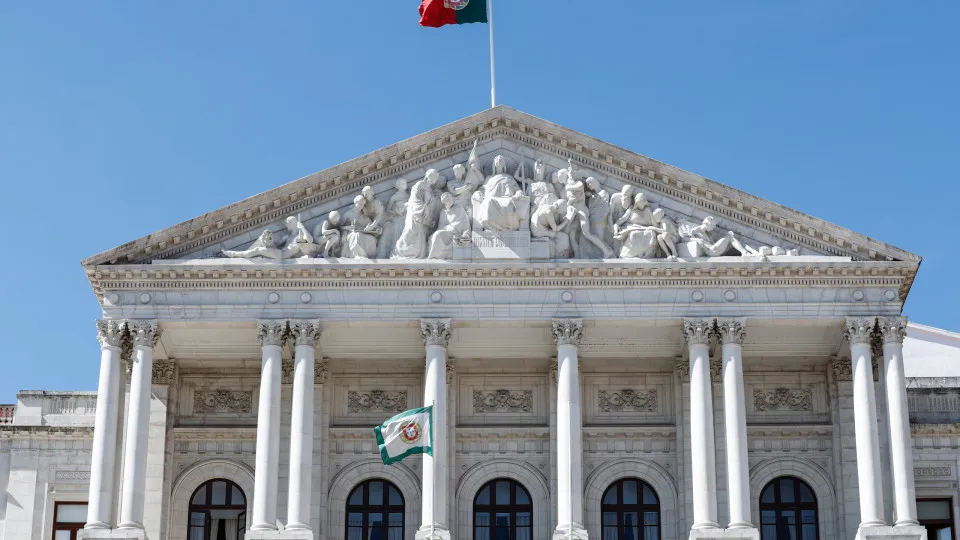
The political party Chega has introduced a bill to the Portuguese Assembly of the Republic, advocating for an increase in the minimum prison sentence for those who start forest fires from one to six years, and the maximum from eight to 12 years.
If a fire endangers individuals or valuable property, leaves victims “in a difficult economic situation,” or the perpetrator acts with the intention of gaining economic benefits, Chega proposes a punishment of 12 to 25 years, which is the maximum penalty under the Portuguese Penal Code. Currently, in cases involving aggravating factors, the penalty ranges from three to 12 years.
“Those who commit intentional forest fire crimes that warrant an actual prison sentence and have previously committed such crimes are to be punished with a prison sentence of 12 to 25 years whenever the combined evaluation of the committed acts and the agent’s personality reveals a pronounced inclination to persist in this crime at the time of conviction,” the document states.
The legislation further suggests that individuals convicted of forest fire-related crimes should be mandated to compensate victims “for all damages” caused.
Under the leadership of André Ventura, the party also proposes that parole should only be possible with house arrest during periods of heightened fire risk “and in less severe cases.” This proposal is extended to the suspension of involuntary commitment for cases where an arsonist is deemed unaccountable.
This proposal is part of a series announced last week by the Chega leader in response to the fires affecting the country this summer.
The preamble of the bill emphasizes the consequences of fires, highlighting the threats to life, the massive destruction of ecosystems, property damage, state costs, and most severely, loss of life.
“The scenario this year is devastating due to the burnt area extents, lost lives, and individuals who lost their homes, businesses, animals, etc.,” it adds, pointing out the recurring nature of the problem and emphasizing “the importance of penalties in preventing such criminal acts.”
Chega representatives argue there is a “sense of impunity” and that “recidivism in such crimes is very high,” maintaining that “increasing prison sentences will reduce recidivism.”
“Beyond punishing according to the severity of the act,” it is necessary “to deter the commission of new crimes, not only by the individual involved but also by the community at large, as well as to strengthen the state’s trust in law enforcement,” they also argue.
“We must, therefore, convey a clear and simple message that those who severely disrupt the community, endangering lives, property, and savings of others, as well as the community’s sense of security, are severely punished,” they indicate, maintaining that the current legal framework is “inadequate given the damage caused.”




